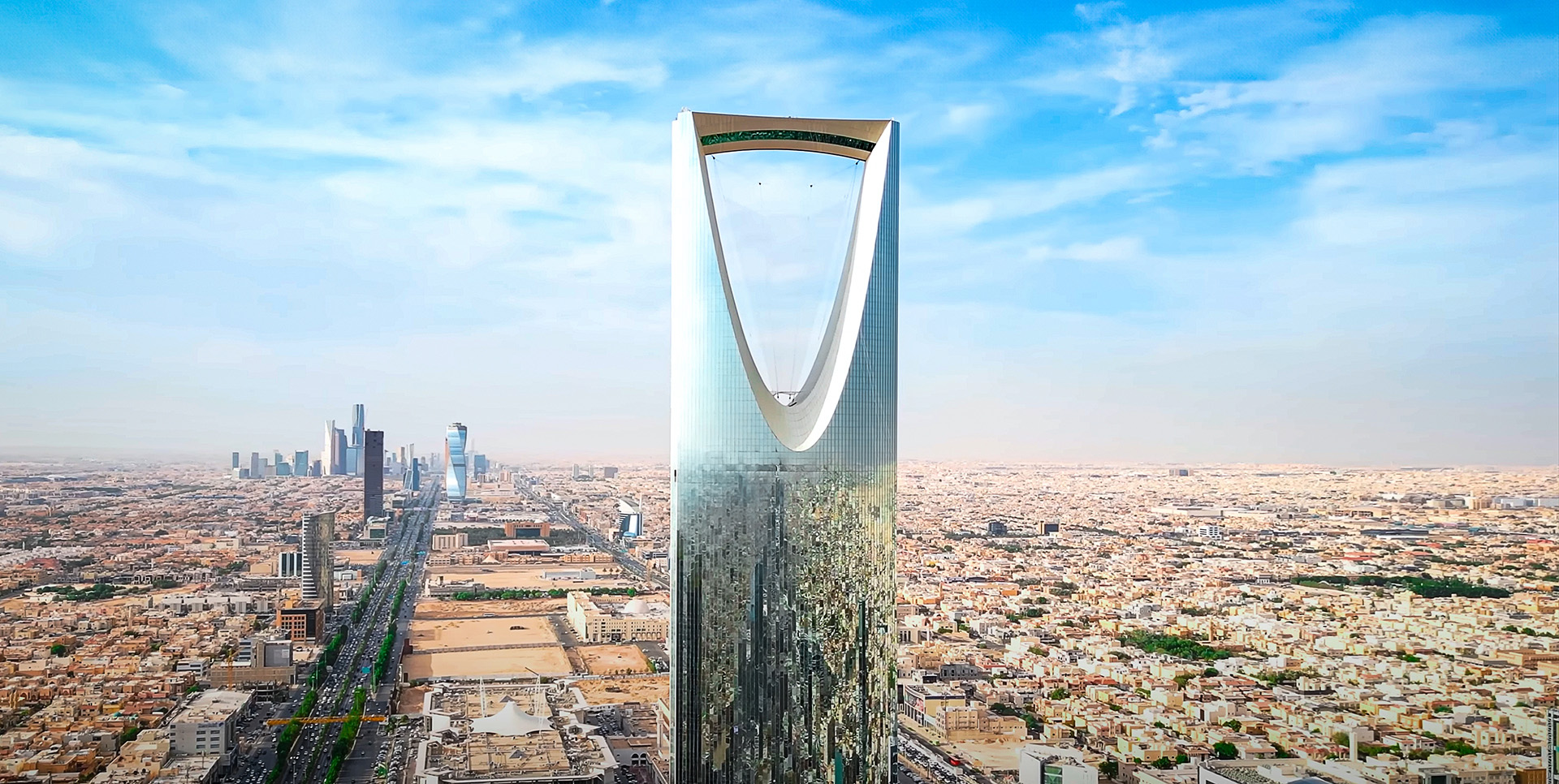Dubai International Financial Centre (DIFC) stands as a prominent global financial center, holding a position within the top ten worldwide and serving as the primary financial hub in the Middle East, Africa, and South Asia (MEASA) region. Entities in the DIFC benefit from the robust independent judicial system, regulatory framework, a global financial exchange, distinctive architecture, and facilitating support services provided by the center.
DIFC introduced the Foundations Regime in 2017, offering a common law alternative to Trusts for financial planning and structuring purposes. Foundations serve following functions:
- Wealth management
- Family wealth preservation
- Succession and tax planning
- Asset holding, sheltering, and protection
- Estate planning
- Corporate structuring
- Anonymity
Unlike Trusts, Foundations are established as distinct legal entities with unique attributes and legal personality. They resemble companies but lack shareholders and compared to a trust the most notable difference is that a Trust is a contract and that a Foundation, like a corporation, is a legal entity.
The parties to a foundation are the Founder, the Council Members, The Guardian, the Beneficiaries, and the Foundation itself.
The Founder
The founder is the person or entity responsible for setting up the foundation. In Trust terms, this would be referred to as the Settlor. The Founder may also be a Council Member as well as a Beneficiary.
The Guardian
The Guardian or Protector has the responsibility to oversee the council members ensuring their full compliance with the Charter and By-Laws. It is not a requirement to appoint a Guardian but in some instances this may be beneficial. The Guardian may have far-reaching powers including but not limited to the power to remove and replace council members or approve or veto distributions or amendments.
Council Members
The Foundation is managed by the Council Members which is similar to a Board of Directors. They are responsible for the day-to-day operations of the Foundation and to execute on the wishes of the Founder. The roles of the Council Members are outlined in the Charter and By-Laws.
The Foundation
The Foundation consist of the Charter as well as the By-Laws and defines the objective for which it was formed. An unofficial document called the Letter of Whishes may also be drafted by the Founder for further instruction to the Council Members.
The Beneficiaries
The Beneficiaries are individuals or entities who will benefit from the Foundation and may or may not have a discretionary or vesting right to distributions or Foundation assets.
Foundation Assets
There are no limitations to which assets a Foundation may hold. The most common assets held by a foundation include:
- Bank Accounts (cash)
- Shares in underlying companies (equity)
- Real Estate
Assets that have been settled onto the Foundation by the Founder or other contributors become the sole property of the Foundation. These assets therefore cease to be owned by the Founder and are no longer subject to probate, your will, or creditors.
Although the assets may be registered directly in the name of the Foundation it is advised, for risk mitigation, that your structure makes use of DIFC prescribed Companies or alternatively Companies in other Free Zones to hold riskier assets.
Real Estate in Dubai and elsewhere
In Dubai, the DIFC officially declared its entry into a Memorandum of Understanding (“MoU”) with the Dubai Land Department (“DLD”). This agreement granted entities operating within the DIFC the authority to acquire and register real property as well as property rights with the DLD. As per the existing approach adopted by the DLD, DIFC Foundations are permitted to possess Real Estate Assets situated in areas of Dubai that have been specifically designated for foreign ownership by the Ruler of Dubai.
This is in contrast to most other Free Zone Companies which are not allowed to hold property as an asset class.
In foreign jurisdictions which apply Civil Law principles a Foundation may be used to acquire real estate. This is however dependent on the specific jurisdiction.
Shares
A Foundation is allowed to subscribe to shares in companies. This therefore means that you may incorporate a Company in a Free Zone and have its shares held by a DIFC Foundation. The same would apply to holding of foreign equity.
The Benefits of a “DIFC” Foundation
DIFC Foundation Regulations adhere to international best practices. Key features and advantages of DIFC Foundations include:
- Attractiveness in Civil Law Jurisdictions: Foundations are notably appealing in civil law jurisdictions where there is typically no recognition of a distinction between legal and beneficial ownership.
- Assurance through Guardian Oversight: The Guardian plays a pivotal role in overseeing the Foundation Council, ensuring compliance with the Foundation’s Charter and By-Laws. The appointment of a Guardian is mandatory upon the Founder’s death and optional during the Founder’s lifetime.
- Robust Governance Structure: The Foundation Council functions equivalently to a board of directors, providing a strong governance structure. Council members’ duties are clearly defined in the Foundations Regulations.
- Distinct Legal Personality: Unlike a Trust, a Foundation possesses a distinct legal personality, offering flexibility to directly engage in contracts and arrangements, similar to a company.
- Separation of Liability with Asset Control: The Foundation’s distinct legal entity allows for the separation of liability between the Founder and the Foundation, enabling control over assets.
- Perpetual Existence: Similar to a company, a Foundation enjoys perpetual existence, allowing arrangements to persist beyond the Founder’s lifetime, ensuring continuity and certainty.
- Asset Protection Mechanisms: Foundations provide increased protection against bankruptcy claims, claims in the event of divorce, and the impact of forced heirship rules.
Compliance
Tax
A Foundation is an independent juridical person with a separate legal personality and would therefore be subject to UAE Corporate Tax.
Economic Substance Requirements (ESR)
A Foundation is required to adhere to ESR annually and determine whether it conducts a “Relevant Activity” under the required regulations. If so, the Foundation is required to file an annual notification along with a Substance Report, if applicable, with the Ministry of Finance.
Financial statements and audit report
The DIFC does not require the submission of Audited Annual Financial Statements, however, due to the requirement for tax filing one is advised to keep proper accounting records including:
- Supporting documents such as invoices and details of transactions
- Minutes to council meetings specifically noting the approval of the annual accounts
- Fixed Asset Register
Registered office
Each Foundation should hold a registered office in the DIFC. Due to limited office space and the high cost associated with office leases, it is advised that the address of the registered agent be used.







